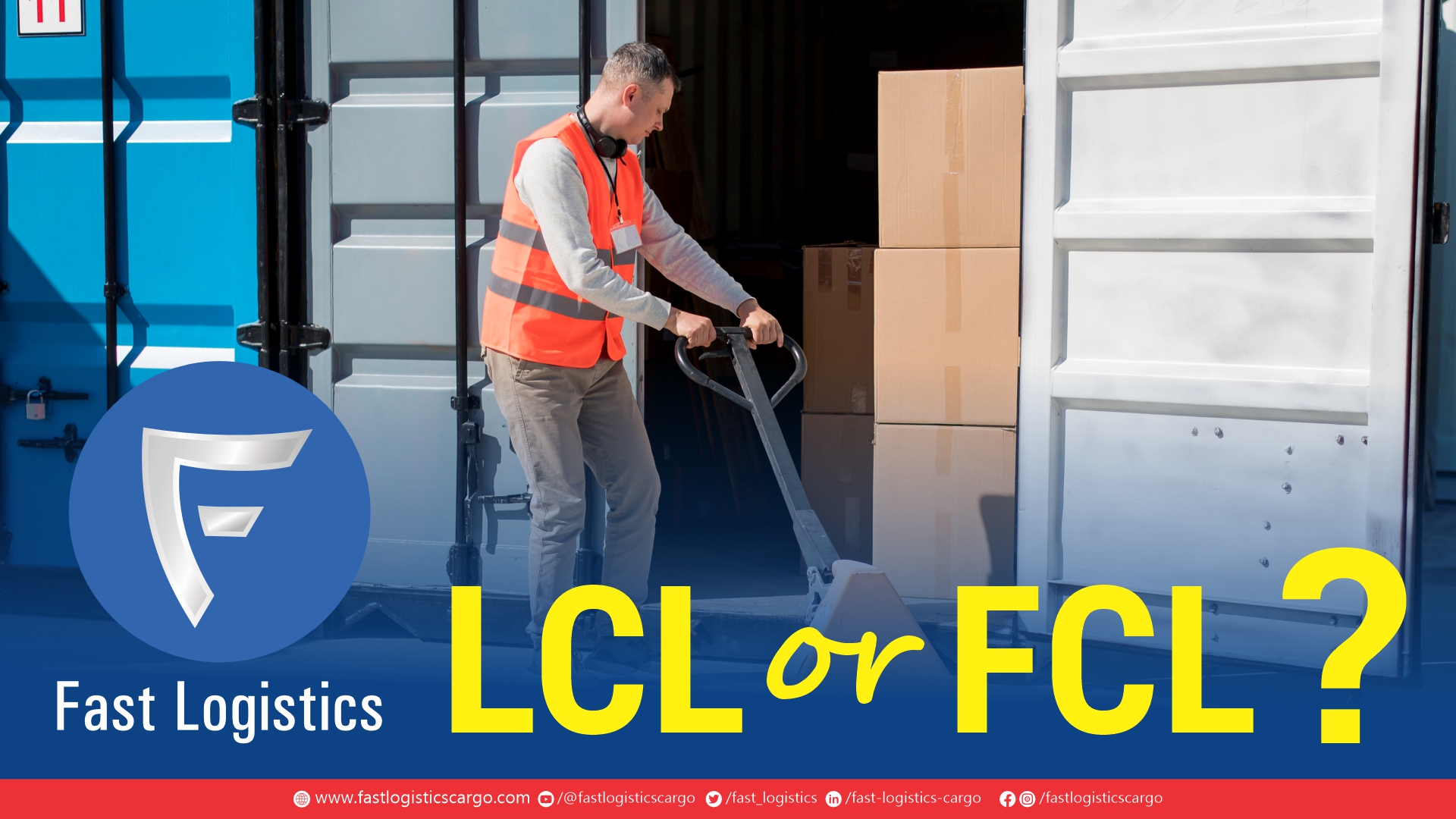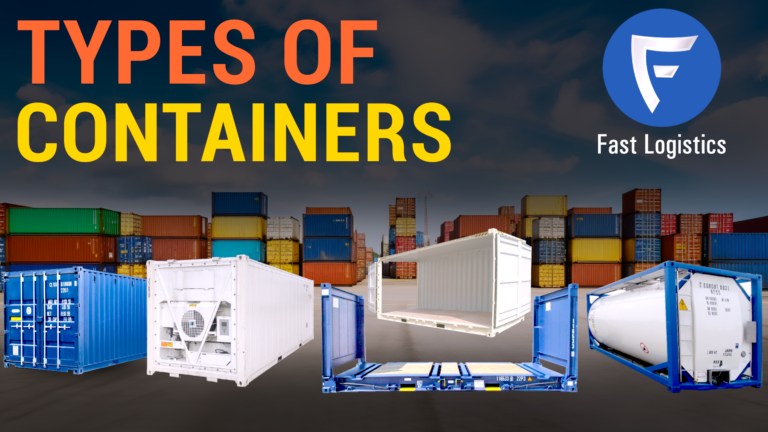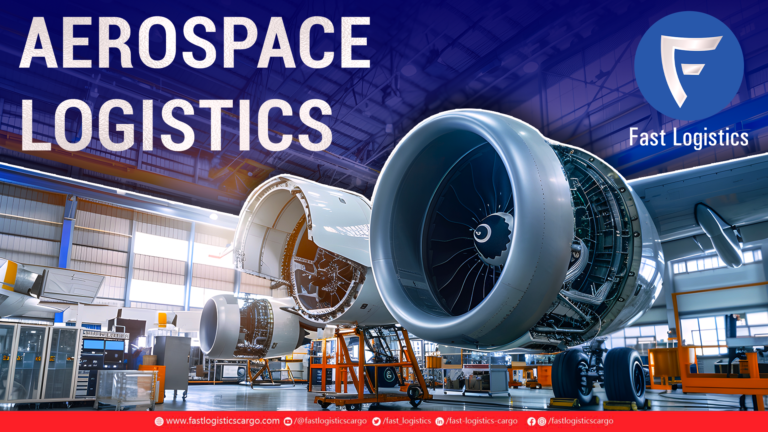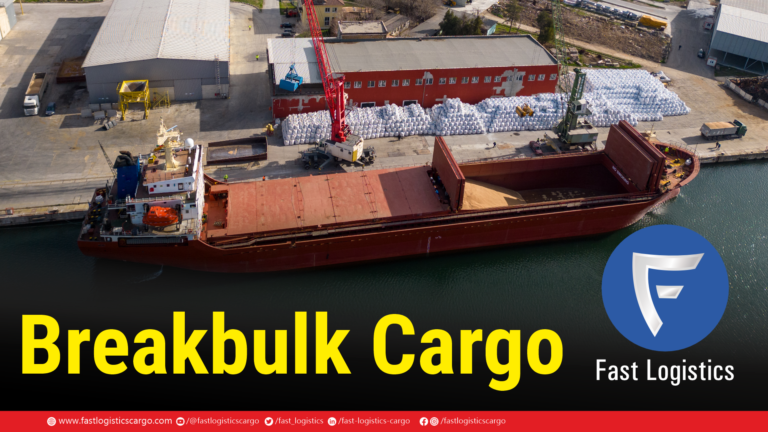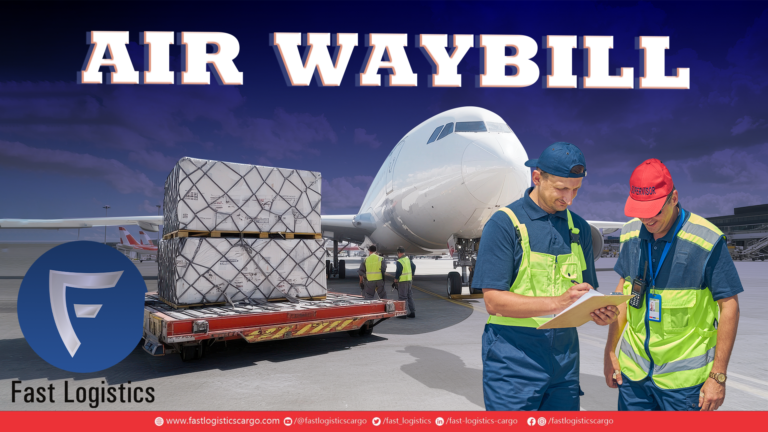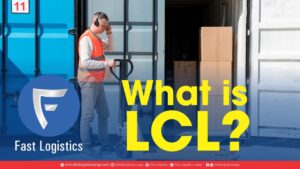LCL or FCL?
When shipping goods overseas, businesses and individuals often face a common dilemma: choosing between LCL (Less than Container Load) and FCL (Full Container Load). Typically, shipments weighing over 100kg or consisting of multiple cartons are transported by sea in shipping containers. In fact, nearly 90% of global trade depends on ocean freight.
But what if your shipment is too small to fill an entire 20-foot or 40-foot container? This is where LCL shipping becomes a practical solution. Let’s explore how LCL works, how it compares to FCL, and how to determine the best option for your shipping needs.
What is LCL Shipping?
LCL or Less than Container Load, is a shipping method where multiple shipments from different customers share the same container. This is ideal for smaller shipments that do not require a full container. Since the cost is shared among multiple shippers, LCL can be a cost-effective solution. However, it may take slightly longer due to consolidation and deconsolidation processes at ports.
What is FCL Shipping?
FCL or Full Container Load, means that an entire shipping container is used exclusively for one shipment. This option is preferred when a business has enough goods to fill an entire container or when faster and more secure transport is required. FCL shipments generally move faster as they do not require consolidation, and they also reduce the risk of damage since the goods remain in a sealed container until delivery.
What to Keep in Mind When Opting for LCL or FCL Shipping
When deciding between LCL (Less than Container Load) and FCL (Full Container Load) for your sea freight, it’s essential to consider more than just the cost or size of your shipment. The choice between these two options will affect several aspects of the shipping process. Below are some key factors to keep in mind when making your decision:
- Volume of Goods: If your shipment is large enough to fill a container, FCL is often the better choice.
- Budget: LCL can be more economical for smaller shipments since you only pay for the space you use.
- Time Sensitivity: FCL is usually faster as it avoids the additional handling steps involved in LCL.
- Safety of Goods: If your shipment contains fragile or high-value items, FCL is safer as the container remains sealed from origin to destination.
- Freight Costs and Additional Charges: While LCL might seem cost-effective, additional fees like consolidation, deconsolidation, and handling charges can add up. FCL provides a fixed cost for the entire container, which can sometimes be more economical in bulk shipping.
- Customs Clearance: FCL shipments typically clear customs faster as they involve a single consignee, whereas LCL shipments may face delays due to multiple consignees’ documentation and inspections.
- Storage and Warehousing: If you have limited storage space at the destination, LCL might be a better choice as you receive smaller shipments instead of a full container load.
- Flexibility and Availability: LCL provides more flexibility for smaller shipments, especially for businesses that do not require frequent large-scale shipments. However, during peak shipping seasons, securing an FCL container may offer more reliability and availability.
Choose Fast Logistics – Tailored FCL and LCL Solutions for Every Need
At Fast Logistics, we recognize that every shipment is different. Whether you choose Full Container Load (FCL) or Less-than-Container Load (LCL) shipping, our focus is on efficiency, cost-effectiveness, and delivering outstanding service. For larger shipments, our FCL solutions offer you a dedicated container, ensuring maximum space and complete control. On the other hand, our LCL services cater to smaller loads, allowing you to share container space, and saving costs while ensuring your goods are handled with care, delivered securely, and arrive on time.
Fast Logistics provides more than just FCL and LCL shipping; we offer a full spectrum of services designed to meet your specific needs.
- International Air Freight
- Global Air Charter Operations
- International Ocean Freight
- Overland Transport
- Warehousing
- Dangerous Goods Handling
- Customs Clearance
- Project and Heavy Cargo
- 3PL (Third-Party Logistics)
FAQ-
If your shipment exceeds the available space in an LCL container, you may need to book an additional LCL shipment or switch to FCL to accommodate all your goods.
LCL shipments may face longer transit times due to the need for consolidation and deconsolidation at the port. There is also a slightly higher risk of damage since goods are often handled multiple times and share space with other shipments.
Yes, FCL can be more expensive because you’re paying for the whole container. However, for larger shipments, it can be more cost-effective than LCL in the long run. LCL is more affordable for smaller loads but can accumulate additional costs for handling and consolidation.


